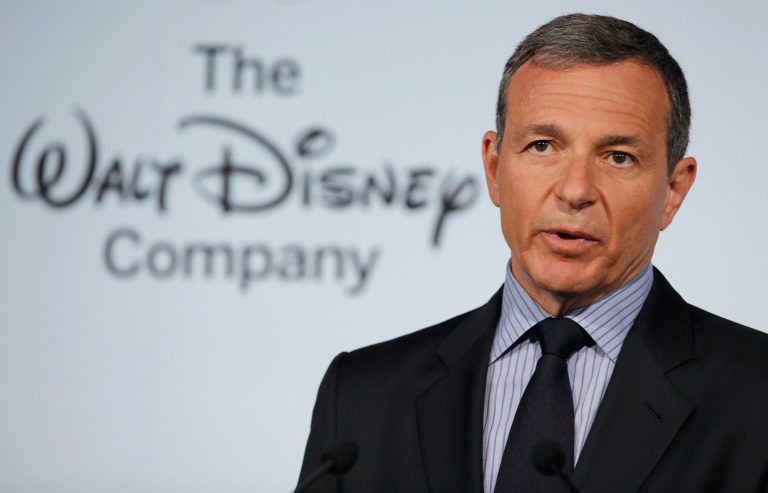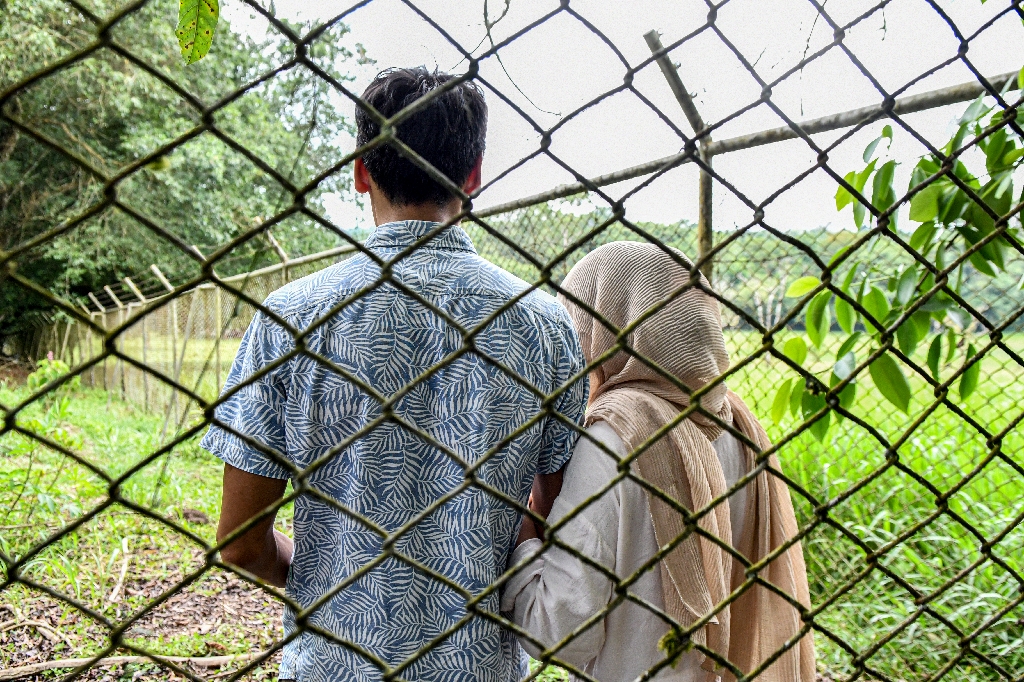The United States will treat Russia as a full participant in this week’s Asia-Pacific summit in San Francisco, despite US efforts to isolate Moscow over its invasion of Ukraine, a senior official said Sunday.
With a visit by President Vladimir Putin politically unthinkable, Deputy Prime Minister Alexei Overchuk will represent Russia at the Asia-Pacific Economic Cooperation (APEC) summit taking place between 11 and 17 November.
“He’s being treated as the head of delegation, and he’ll have the opportunity to participate fully in the week’s events,” Matt Murray, the US State Department official in charge of APEC, told AFP.
Overchuk is under a variety of Western sanctions including from the European Union but not specifically under US sanctions, unlike much of Russia’s top brass.
“We’ve been consistently saying all year long that we wanted to be good hosts of APEC,” Murray said of the 21-member organization.
“But we were going to do so within the laws and regulations of the United States. And Russia’s participation, obviously, has been shaped by that, because of the sanctions,” he said.
He acknowledged that Overchuk “clearly won’t be on the same level” in diplomatic protocol as heads of state and government who are coming to APEC.
The leaders include another frequent US adversary, Chinese President Xi Jinping, who will meet Wednesday with US President Joe Biden.
The United States has voiced hope for stabilizing relations with China and finding limited areas of cooperation.
In contrast, the United States has refused most contact with Russia since Putin defied US warnings and launched its full-scale invasion of Ukraine in February 2022, spurring billions of dollars in US and other Western assistance to Kyiv.
Putin faces an arrest warrant from the International Criminal Court and sat out summits this year in South Africa and India — both far friendlier to Russia than the United States — although he recently traveled to China.
The State Department last month publicly made clear it would not welcome Putin in San Francisco, leading Russia to reply that it was up to each APEC member to determine its own representation.




